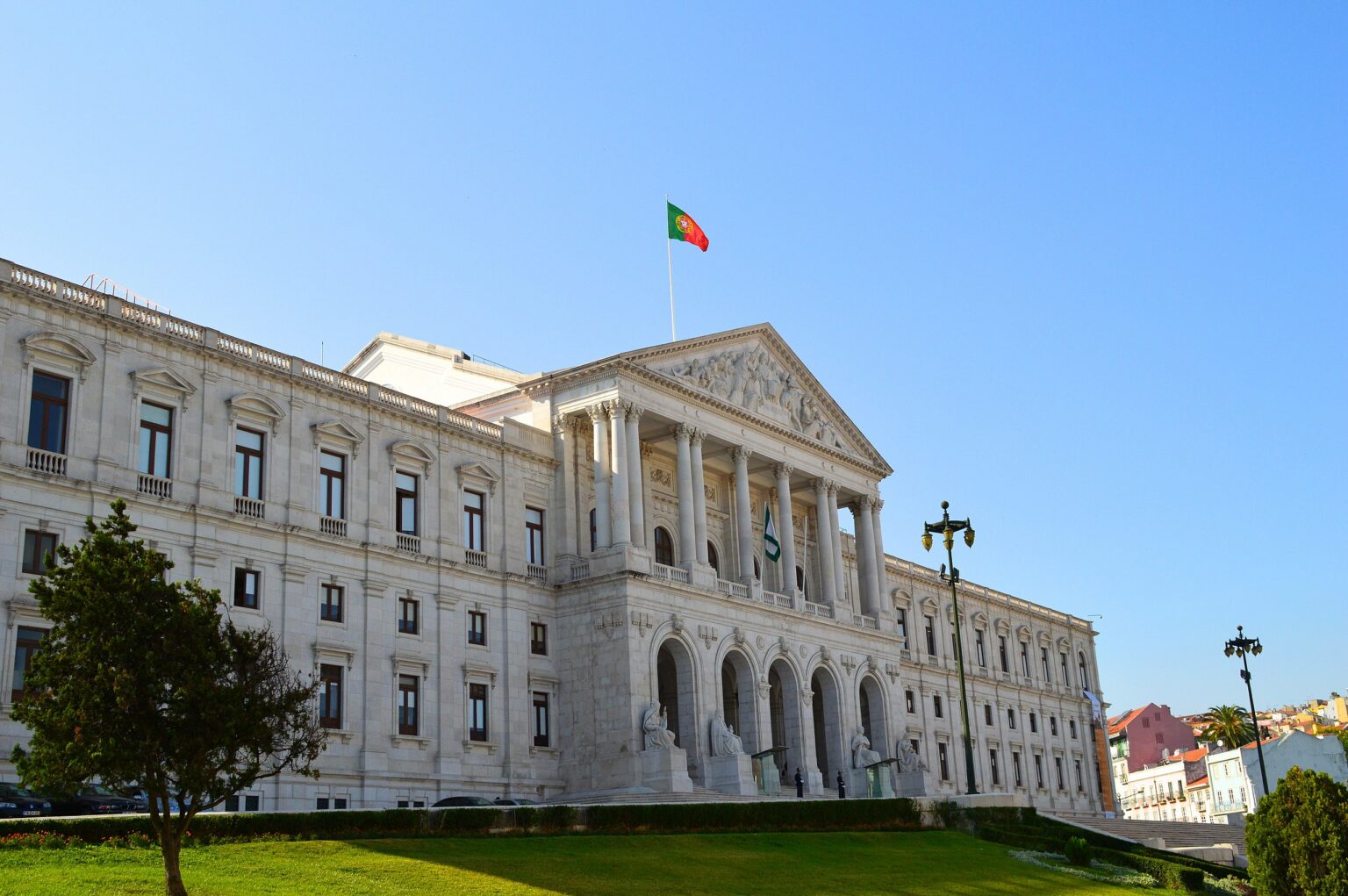The Portuguese Government has launched its first tender to integrate hydrogen and biomethane into the national public gas network. This initiative aims to promote the use of renewable and low-carbon gases, ensuring a more sustainable energy infrastructure for the country.
The tender offers competitive prices of €127/MWh for renewable hydrogen and €62/MWh for biomethane, with a “descending clock” auction mechanism. This method reduces the price incrementally until bidders are no longer willing to sell at the reduced rates. The process consists of three phases: qualification, bidding, and awarding, designed to ensure a transparent and competitive acquisition process.
The tender makes up to 150 GWh/year of biomethane and 120 GWh/year of hydrogen available. Participation is open to any organization that meets the specified requirements, reflecting the government’s commitment to inclusivity and broad engagement in its renewable energy goals.
The auction is a strategic move to facilitate the integration of renewable and low-carbon gases into Portugal’s National Gas Transmission Network and National Gas Distribution Network. This initiative is part of the broader effort to decarbonize the energy sector and enhance the sustainability of the country’s gas infrastructure.
According to the Portuguese Government, this framework will be crucial in meeting the country’s climate targets by ensuring the competitive and transparent acquisition of renewable gases and reinforcing the nation’s energy infrastructure.
In 2022, Wärtsilä partnered with Capwatt to develop a hydrogen blending project in Maia, Portugal. This project tested up to a 10% green hydrogen volume in a natural gas blend fuel. The successful implementation of this project paved the way for further integration of hydrogen into Capwatt’s cogeneration units powered by natural gas. These units have approximately 160 MW of installed power, marking a significant milestone in Portugal’s renewable energy journey.
The tender’s launch follows the European Council’s approval of the gas and hydrogen market package, which aims to phase out fossil gases from EU networks. This package establishes rules for organizing the natural gas market and provides a framework for developing a hydrogen market. Long-term fossil gas contracts will be prohibited from 2049 to encourage the adoption of renewable and low-carbon gases.
The integration of hydrogen and biomethane into Portugal’s gas network represents a critical technological advancement. Hydrogen, produced from renewable sources, and biomethane, derived from organic matter, offer cleaner alternatives to traditional fossil fuels. This shift reduces greenhouse gas emissions and enhances energy security by diversifying the energy supply.
Blending these gases into the existing infrastructure ensures a seamless transition towards a more sustainable energy system. Hydrogen and biomethane can significantly lower the carbon footprint of heating and industrial processes, contributing to Portugal’s climate goals and aligning with the European Union’s broader environmental objectives.





